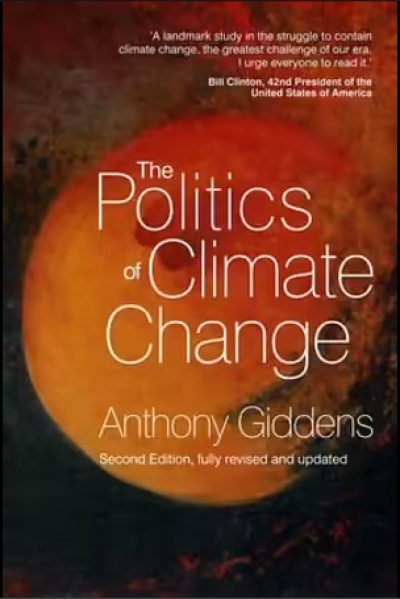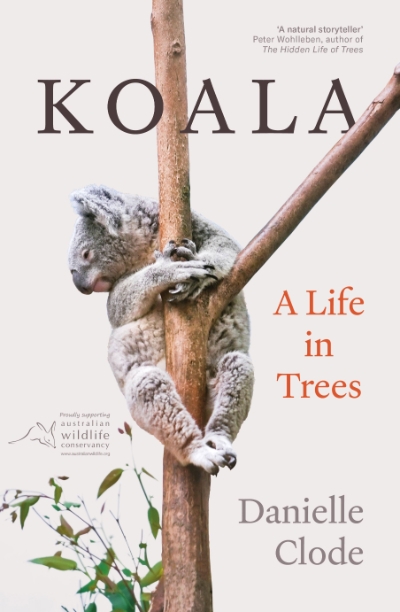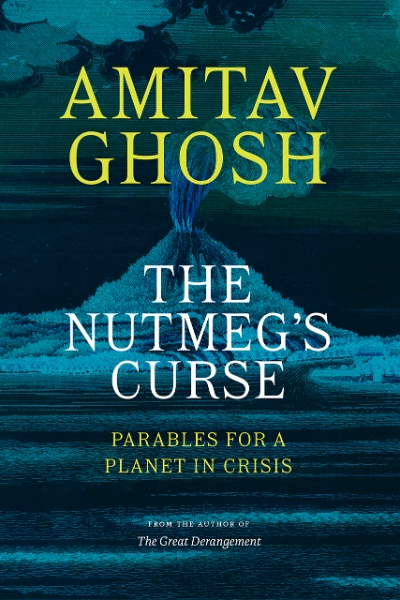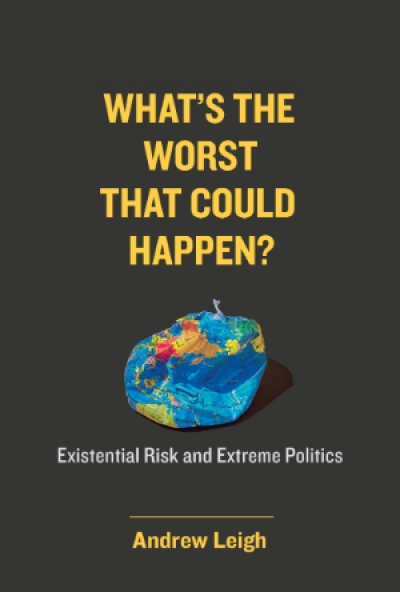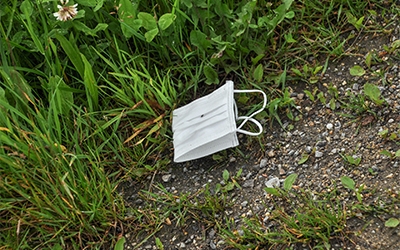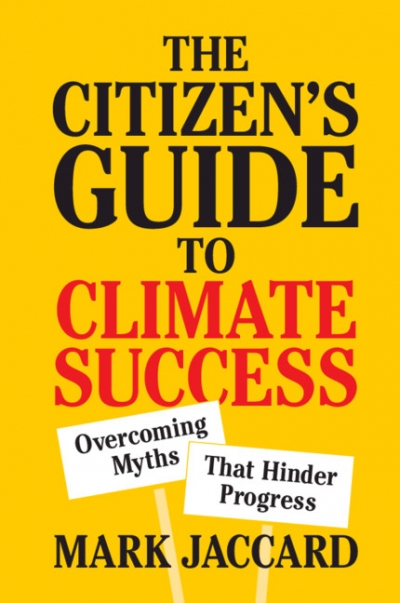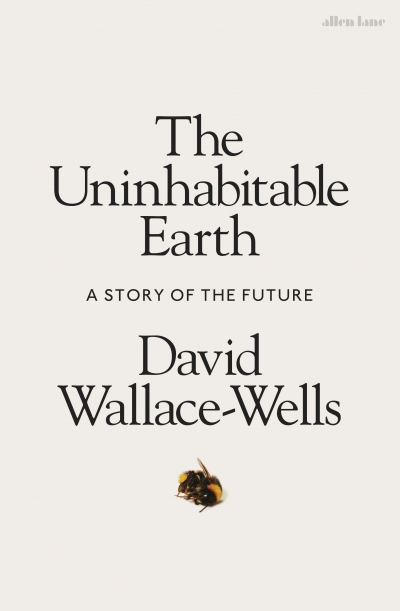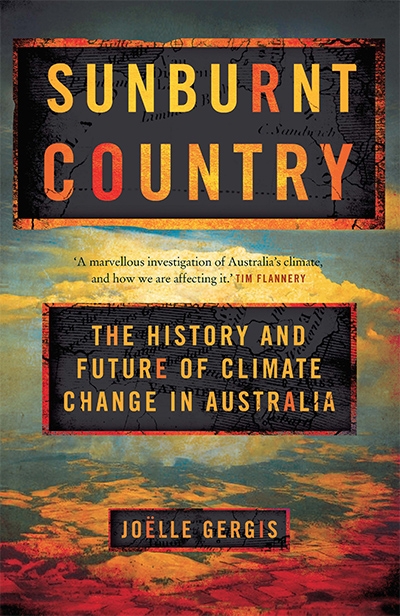Climate Change
The Nutmeg’s Curse: Parables for a planet in crisis by Amitav Ghosh
What’s the Worst That Could Happen?: Existential risk and extreme politics by Andrew Leigh
Wounded Country: The Murray–Darling Basin – a contested history by Quentin Beresford
If the Covid-19 pandemic has taught us anything, it is that there has never been a better time to respond to the climate crisis than now. The global nature of Covid-19 has made it clear that global issues need a coordinated response and can easily affect the welfare of every human being on earth. The virus has shown us that it is absolutely crucial to listen to the science. Governments, in responding to epidemiological forecasts, have rapidly spent hundreds of billions of dollars on welfare subsidies, enforcing social distancing, protective equipment, mental health services, and vaccine research.
... (read more)The Citizen’s Guide to Climate Success: Overcoming myths that hinder progress by Mark Jaccard
The nuclear scale of the inferno that delivered our Black Summer will be remembered as a turning point in the debate about climate change. It was the summer when the monster of energy stored up in the earth’s oceans and atmosphere revealed itself in the most dangerous climate drivers; the summer when Australia could no longer take for granted the evolution of precious species and their habitats over millions of years, with more than a billion animals dead and more than ten million hectares of forest burnt. But it was also the season in which climate-denying politics was comprehensively trumped, no matter how much spin, media massaging, and misinformation was employed to make the fires, and their link to climate change, go away.
... (read more)
